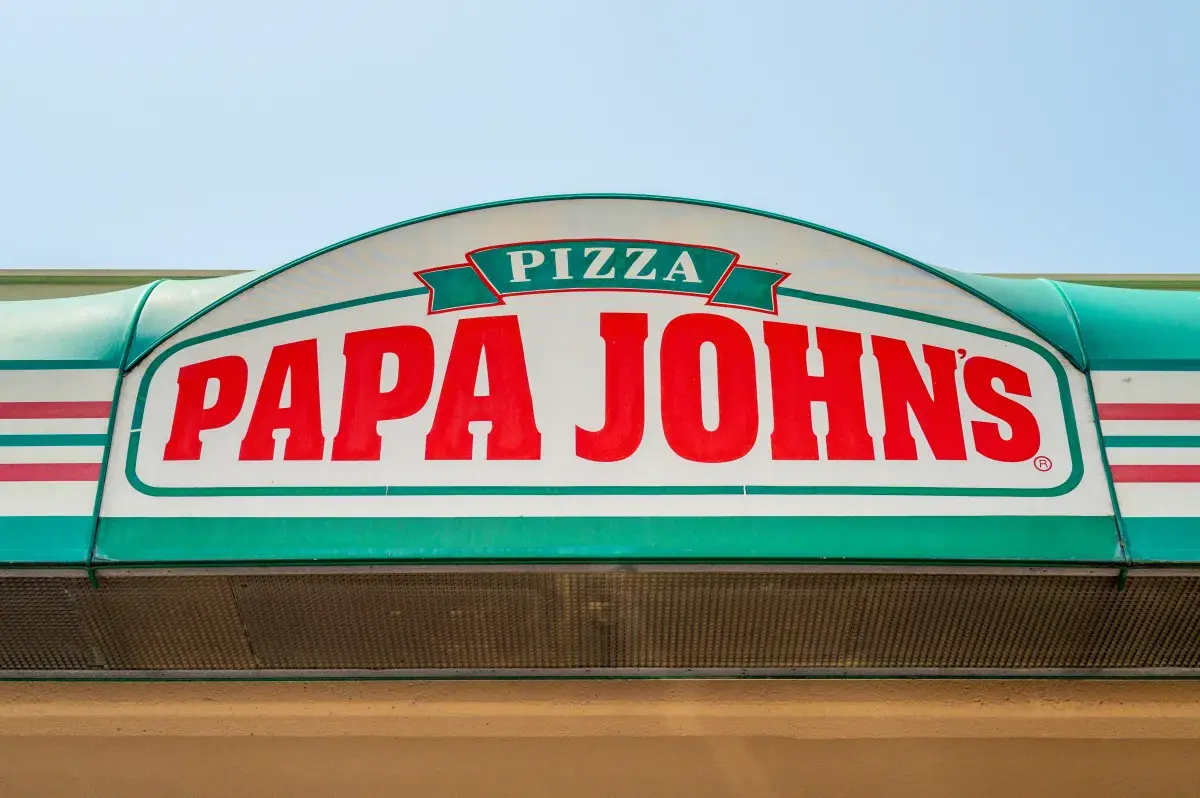![How Stressful Every 2025-26 Premier League Club is to Manage [Ranked]](https://d2731bbzmt3wpb.cloudfront.net/news/image/us-west-2:25d97050-7aa7-43a6-a623-8fb02e6af97e/20250925/d9dca7125be541d5bfacf3069bb5853a.jpg)
For every Premier League manager enjoying tactical serenity, another seems to be aging in dog years under the weight of fan expectation and boardroom panic. Football management has long been regarded as one of the most stressful jobs in the world, and now a study has set out to measure that belief.
Using a “Premier League Manager Stress Index” – which factors in pressure from ownership and the board, player management demands, fan and media scrutiny, and the relentless need to perform – Oddspedia have put numbers to the chaos that comes with leading a club in England’s top-flight.
While some managerial posts demand burning the candle at both ends and have ‘sweating bullets’ listed on their job description, others provide a more forgiving environment, allowing those on the touchline a relatively smoother ride. The results offer an intriguing insight into the pressures that define life as a Premier League manager.
20-16
According to the study, only one managerial position in the Premier League is considered less stressful than Mikel Arteta’s role at Arsenal. Rival supporters often claim the Gunners have great expectations of everyone but themselves, and this has seemingly given their boss a finite window to turn consistency into silverware.
In each of Arteta’s five full seasons prior to this one (which saw his higher-ups post the worst net spend in the division), Arsenal spent more than £80m. That includes £143m in the 2021-22 campaign, £159m in 2022-23, and £199.3m two seasons ago. Yet, he has still not lifted a major honour in front of fans – and, somewhat questionably at times, shows no sign of being close to the boot.
Brentford offers the least stress-inducing job courtesy of how well it’s run from top to bottom, while Bournemouth ranks third-least, with both clubs boasting ownership and fanbases content with their current level after years of plying their trade much lower down in the English football pyramid.
Manchester City’s position is also relatively straightforward, thanks to the bottomless pit of gold the manager has at his disposal to secure whatever players he desires. Meanwhile, Crystal Palace chairman Steve Parish is regarded as one of football’s nice guys, and the green link between fans, players, manager, and owner creates an environment where the job can sometimes feel like you’ll never work a day in your life again, though Oliver Glasner has gone above and beyond to help the Eagles to FA Cup and Community Shield highpoints.
15-11
The Liverpool job, while demanding, is less stressful than many of its rivals thanks to a stable, high-value squad, a supportive board, and an elite recruitment team. Arne Slot inherited a world-class side with a clear identity and, after adding a 2024-25 league title to the cabinet and starting this season strongly, he faces little immediate pressure. It helps that the fanbase still casts its helmsman in a brighter light than the players – a tradition dating all the way back to the days of Bill Shankly.
Brighton’s data-led model keeps squad-management stress to a minimum. With a conveyor belt of top talent at both player and managerial level, the ownership can afford to sit back. The Seagulls rank only fractionally more stressful than Fulham, where the Craven Cottage hierarchy adopt a similarly laissez-faire approach.
At Aston Villa, the waters of managerial longevity are a little choppier. Unai Emery must balance great boardroom ambition with chastening domestic PSR limits and European squad-cost ratios, all while trying to crack the league’s ‘Big Six.’ Everton, meanwhile, is also becoming a tougher gig for David Moyes: new ownership, a new stadium, and expectations of revival mean the Toffees are demanding big returns down on the Bramley-Moore docks in a shiny new era.
10-6
Chelsea faces a staggeringly high level of board and ownership pressure – the highest of any club by a significant margin. Given the spending under Todd Boehly, with three transfer windows already ranking among the most expensive in history for a single club since his reign started in 2022, it’s easy to see why expectations are sky-high. For now, Enzo Maresca has managed to live up to them.
It’s debatable whether there’s an owner in world football more trigger-happy than Nottingham Forest’s Evangelos Marinakis, who dismissed Nuno Espirito Santo despite the manager delivering European football for the first time in almost three decades. Even so, it is surprising to see the Tottenham job ranked as more stressful than Forest’s, with decades of falling short leaving Spurs weighed down by intense internal demands for silverware.
Managing Newcastle also comes with immense challenges, largely due to heavy squad-management pressure and soaring fan expectations following the Saudi-led PIF takeover. Eddie Howe is tasked with converting huge investment into trophies and consistent Champions League football. Meanwhile, Scott Parker’s battle at Turf Moor is survival itself: Burnley face the greatest performance pressure of any club, with the demand to cling to the top flight echoing the Sean Dyche years.
5-1
Graham Potter is tasked with delivering European football to a fanbase that now expects it, making for a demanding environment at West Ham. His job ranks as the fifth most stressful in the Premier League, while Wolves’ post sits at fourth. Vitor Pereira and his predecessors have been expected to work miracles in keeping the Old Gold safe from relegation, despite constant turnover in players, with the club’s best talents seemingly leaving every summer.
Two clubs promoted this summer – Leeds United (2nd) and Sunderland (3rd) – rank as having more stressful jobs than nearly all established Premier League sides. Although no newcomer has survived the drop zone in the last two campaigns, expectations are high this time around, with owners and fans desperate to, as they would put it: “get back to where they belong.”



